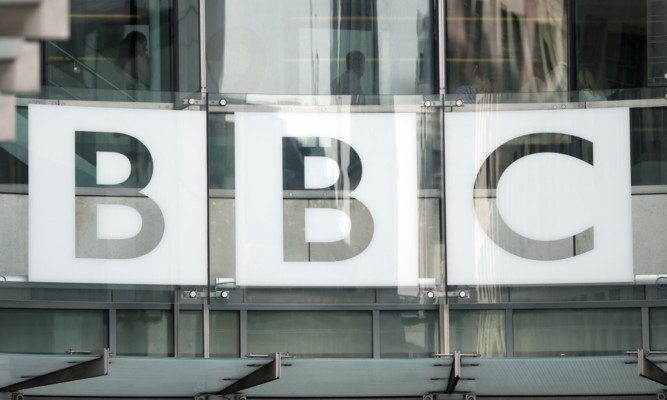BBC Three will be moved online next year – a change that could lead to a 80% drop in viewers, the broadcaster’s governing body has said.
A financially motivated proposal to move the channel online was provisionally approved by the BBC Trust in June, and its fate has now been formally sealed.
The trust’s final decision will see the partial demise of the channel that brought hit shows including Gavin And Stacey and Don’t Tell The Bride to TV viewers.
It will begin to run online in February with the TV channel remaining in place until March to direct viewers to its new home on the internet.
Trustees found there was clear public value in moving BBC Three online as evidence shows younger audiences are watching more on the web and watching less linear TV.
But a public value assessment (PVA) found that 80% of the “uniquely reached” BBC Three audience would “simply be lost”. BBC Three currently has a unique audience of around 975,000.
The PVA also found that the move offered low value for money because of the smaller audience, but recognised that the closure would generate a net saving of £30 million per annum to offset financial pressures or for investment in other areas.
The trust acknowledged the strength of public opposition to the closure of the TV channel but considered that the proposal had “intuitive force”.
It said the long-term future of broadcasting “seems likely to be online” and added that the BBC needs to find innovative ways to support the audience move in that direction.
The trust recognised that the move online is earlier than the BBC Executive would “ideally have planned”.
It said: “Not everyone has access to or can afford a reliable internet connection and for many young people, television remains important.
“We note furthermore that the loss of the linear platform may result in less exposure for new shows and that this could make it difficult for the BBC to attract and nurture new talent.”
A condition requiring BBC Three programmes to be broadcast on BBC One and Two has been strengthened so all BBC Three long-form programmes must be broadcast on the two channels, on an ongoing basis, effective as soon as the TV channel closes. They must be broadcast at a variety of times across the schedule and throughout the UK.
A condition requiring BBC One and Two to offer programmes specifically aimed at younger audiences, including BBC Three programmes, requires the channels to offer distinctive programmes designed for younger audiences.
The trust has also added a requirement to the service licences for BBC One and Two to ensure continued creative risk-taking and experimenting with new talent and ideas.
The online BBC Three will also be required to have the same accessibility standards as the TV channel.
A service review will be conducted within 18 months, assessing the progress of the new online BBC Three and the effectiveness of the conditions the trust has imposed.
The trust could then consider imposing quotas or formal targets if it considers that performance against the conditions has been unsatisfactory.
Meanwhile, the trust has approved plans to extend the hours of CBBC to 9pm, and to develop iPlayer beyond a catch-up service, to include online-first and third party content.
But it formally rejected the BBC’s proposals for a BBC One +1 channel, on the basis of limited public value.
BBC trustee Suzanna Taverne, chairwoman of the trust’s services committee which led the assessment of the proposals, said: “The decision to close a TV channel is a difficult one, and one we have not taken lightly.
“The BBC must adapt with its audiences. The evidence is very clear that younger audiences are watching more online and less linear TV.
“The plans enable the BBC to deliver more distinctive content online, while bearing down on costs. To address concerns about the impact of moving BBC Three online, we have set new requirements for programmes for younger audiences on BBC One and Two.”
